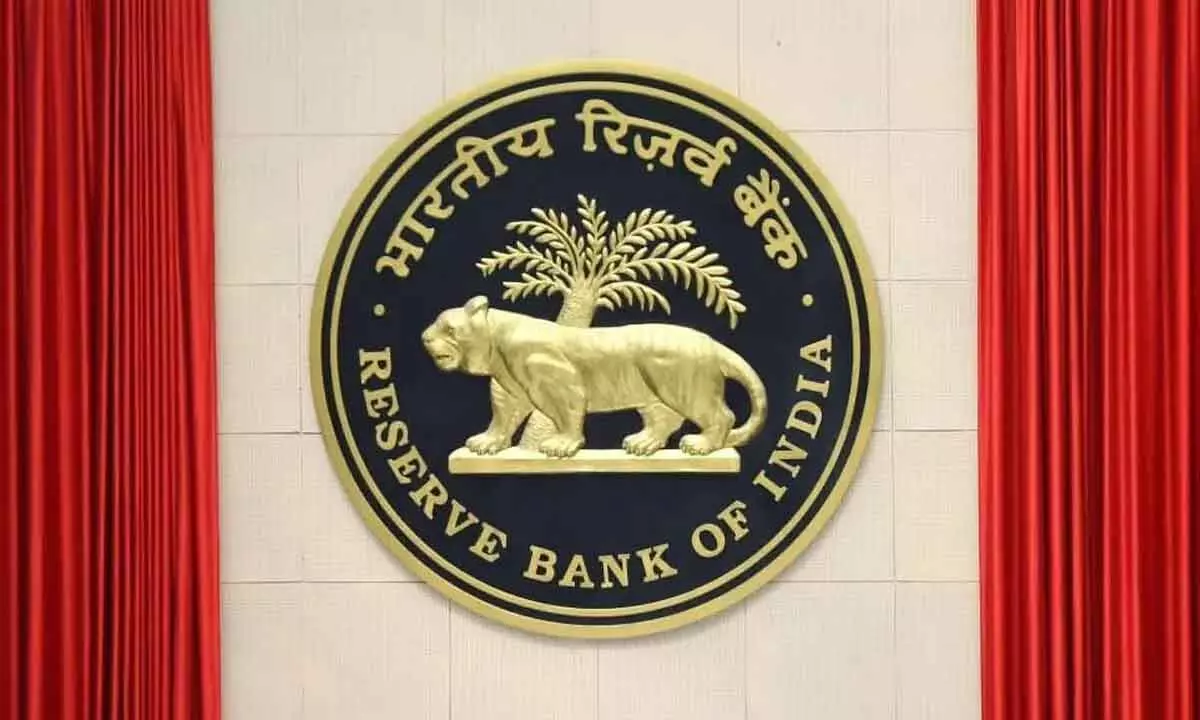RBI keeps tabs on digital lending

Reserve Bank of India
Banking regulator issues strict norms to curb malpractices
Mumbai: The Reserve Bank of India (RBI) on Wednesday tightened norms for digital lending to prevent charging of exorbitant interest rates by certain entities and also check unethical loan recovery practices. Under the new norms, all loan disbursals and repayments are required to be executed only between the bank accounts of borrower and the regulated entities (like banks and NBFCs) without any pass-through/ pool account of the Lending Service Providers (LSPs).
Also, "any fees, charges, etc, payable to LSPs in the credit intermediation process shall be paid directly by RE and not by the borrower", the Reserve Bank said in a press release while conveying the regulatory stance. Issuing a detailed set of guidelines for digital lending, the RBI mentioned about the concerns primarily related to unbridled engagement of third parties, mis-selling, breach of data privacy, unfair business conduct, charging of exorbitant interest rates, and unethical recovery practices.
The RBI had constituted a Working Group on 'digital lending including lending through online platforms and mobile applications' (WGDL) on January 13, 2021. It further said regulatory framework to support orderly growth of credit delivery through digital lending methods while mitigating the regulatory concerns has been firmed up.
"This regulatory framework is based on the principle that lending business can be carried out only by entities that are either regulated by the Reserve Bank or entities permitted to do so under any other law," it said. The Reserve Bank's regulatory framework is focused on the digital lending ecosystem of RBI's Regulated Entities (REs) and LSPs engaged by them to extend various permissible credit facilitation services.
It further said a standardised Key Fact Statement (KFS) must be provided to the borrower before executing the loan contract. This has been mandated to be followed by REs, their LSPs, and Digital Lending Apps (DLAs) of REs, among others. Further, an automatic increase in credit limit without explicit consent of borrower is prohibited.
"A cooling-off/ look-up period during which the borrowers can exit digital loans by paying the principal and the proportionate APR (annual percentage rate) without any penalty shall be provided as part of the loan contract," the RBI added.
If any complaint lodged by the borrower is not resolved by the RE within the stipulated period (currently 30 days), he/she can lodge a complaint under the Reserve Bank – Integrated Ombudsman Scheme (RB-IOS).
The RBI further said data collected by DLAs should be need- based, have clear audit trails and only done with prior explicit consent of the borrower.










